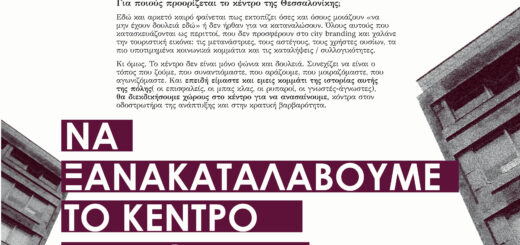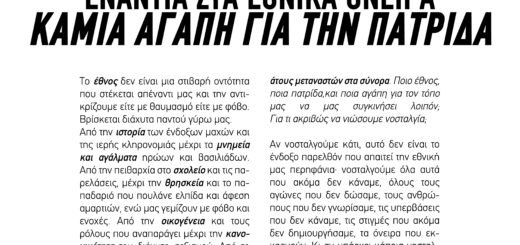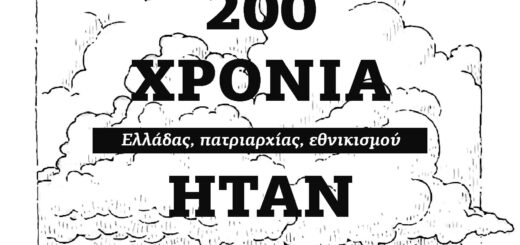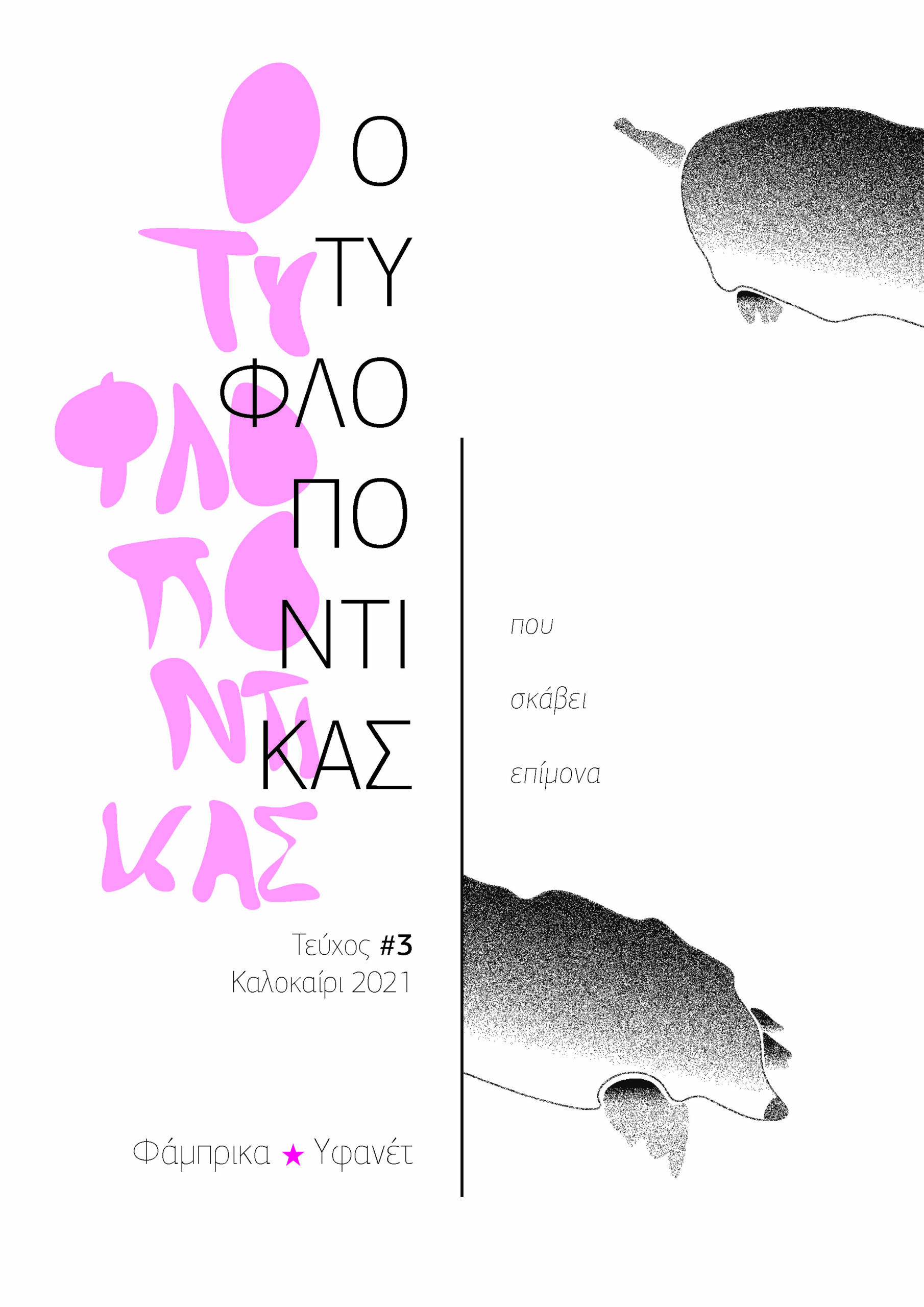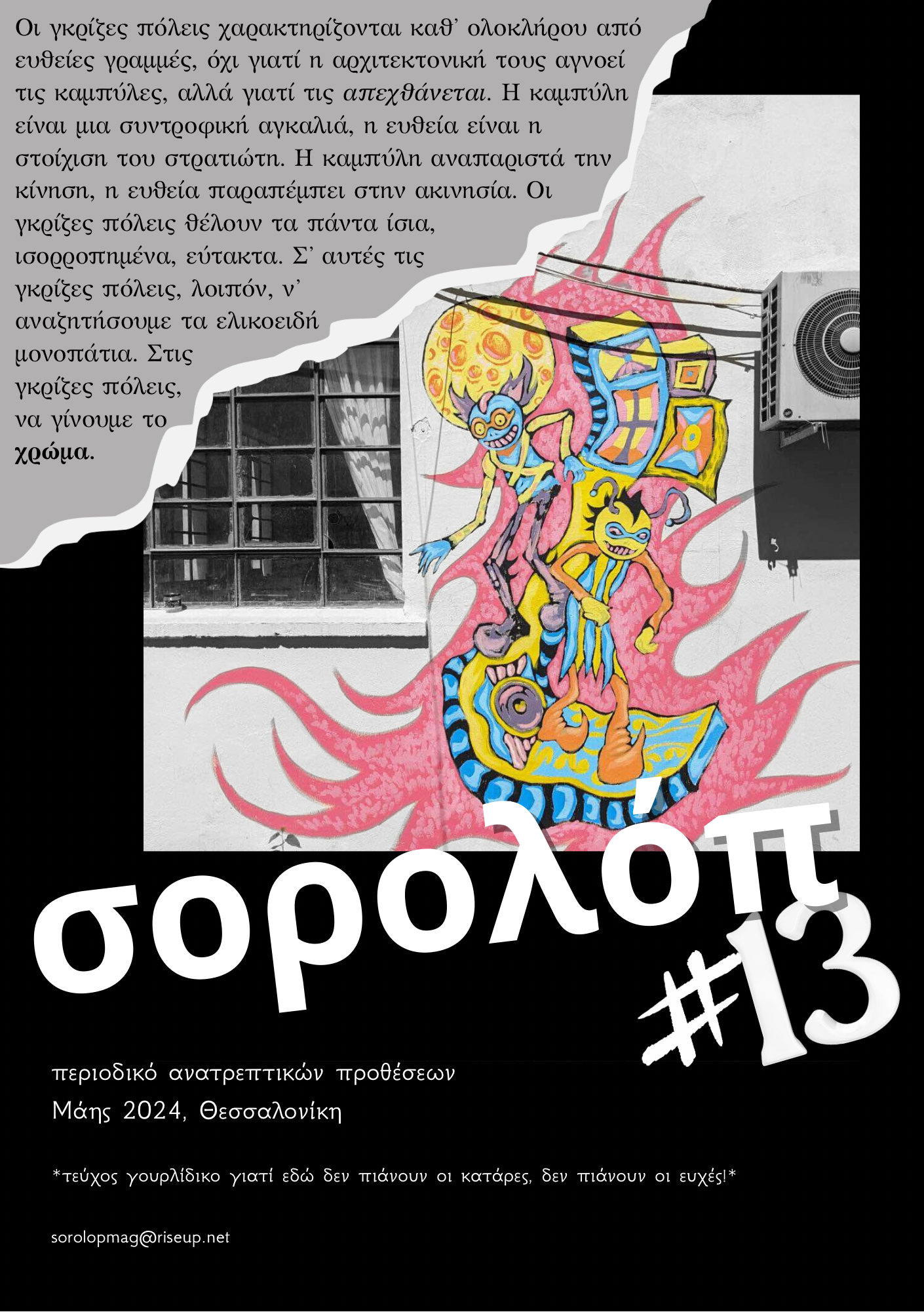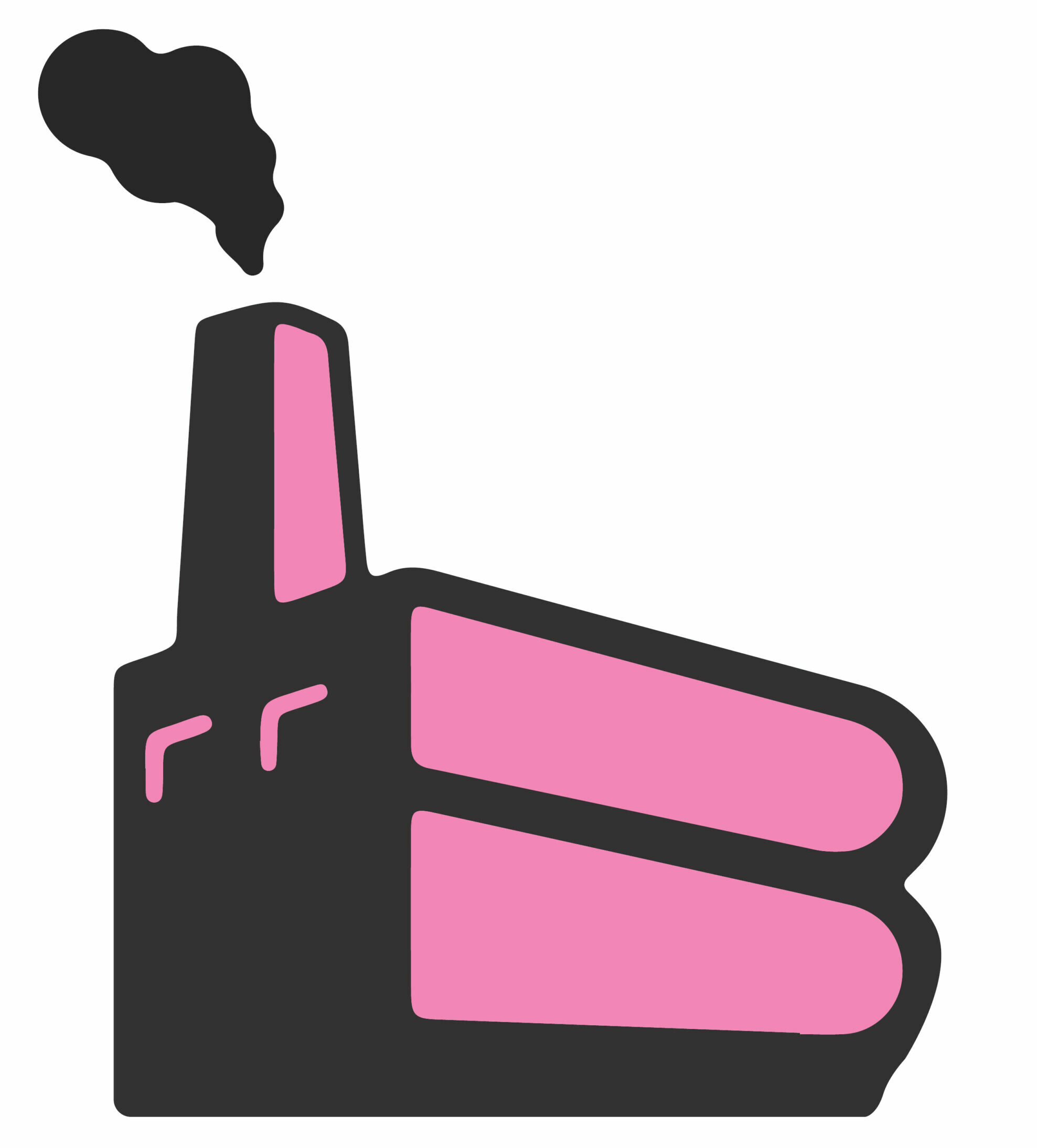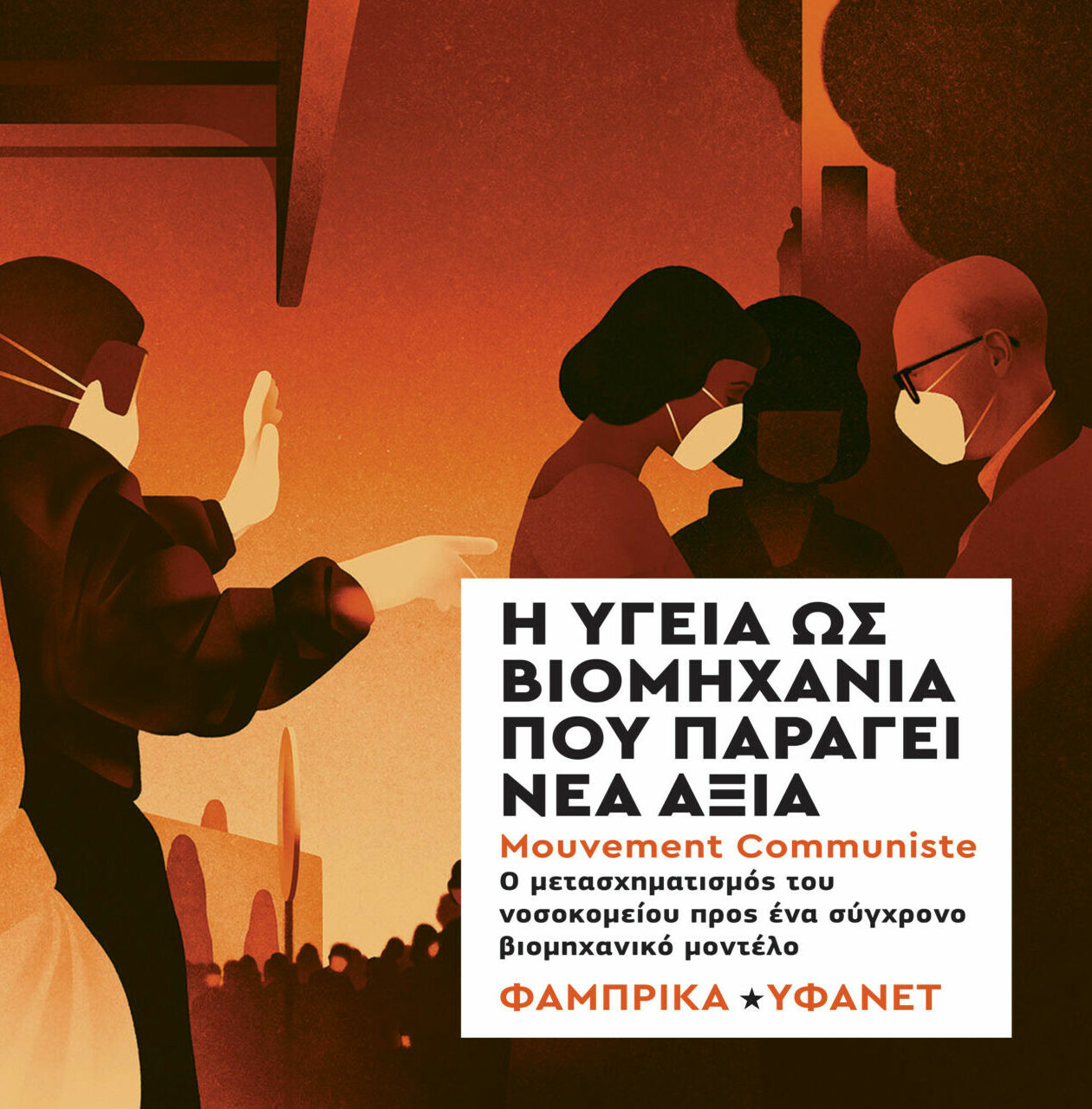Abandon all hope, ye who enter here!

Ad from the pre-electoral campaign of SYRIZA: “Hope is coming”.
“I was waiting for the bus” tagged on the bus stop, under the motto.
pdf: Abandon all hope, ye who enter here!
After Syriza won the national elections last January, a terrified or (occasionally) enthusiastic refrain has been repeating in both greek and international media: Hope is coming to Greece, Hope is fighting in Europe, Hope has won. We feel the need to share a conversation that takes place in Fabrika Yfanet assembly which deals with state formation and its left conduct. Yet, before we begin, there is one thing that we should straighten out. Elpida (Hope), went to Europe in 1979 to represent Greece in the Eurovision song contest but she didn’t win, her kitsch song “Socrati” was placed eighth[1].
{A brief chronicle of how we ended up here.}
[2008-2010] The children of a persistent December
In December 2008, a cop killed a sixteen-year-old boy at Exarcheia, Athens. This incident immediately initiated a series of uprisings in Athens, among many other cities. These insurrections effectively questioned commodities, attacked riot police, managed to penetrate political identities and enriched the content of the movement by posing questions regarding the existing. People who had been invisible until then, and those whose future had been undermined as dreams of social advancement crumbled, came under the spotlight. Yet, not simply as being mere students, pupils, precarious workers, unemployed or second-generation immigrants. By putting aside their assumed identities –those fixed forms of past social interaction created in times of defeat– they assembled as communities of struggle bearing a negation at their core: the negation of capital relations[2]. This parting with a divided and hashed Being (with all its fluctuations)[3] injected a creativity in struggles and recognized a collective existence that needed and desired. At the heart of conversations then emerged a non-subject whose professional status (precarity or unemployment) or legal existence (undocumented immigrants, children born in Greece by immigrant parents excluded from citizenship rights) had trapped them between assimilation and exclusion, or better, in social assimilation via the exact deprivation of a “normal” role (job and earnings on the basis of a past social agreement).
[2011-2012] Resistance to the Bailout Program: margins and limitations
In this period, the movement against austerity seemed to threaten even further the status of accumulation in Greece by going on strikes and engaging in conflicts during demonstrations along with the Movement of the Squares. Nevertheless, this movement met with its inner and outer limits because of the content and the form of its expressed “outrage”. What appeared as resentment against forms of mediation and assimilation of class war such as political parties and syndicate leaderships, ended up as populism by personalizing and allocating responsibility simply to bad managers. Instead of overcoming politics as a separate sphere, it got lost in the channels of political mediation. Public manifestations of discontentment, with an assumed citizen identity calling for democracy (with various qualifying adjectives: real, direct, etc.) cast a shadow over the content of struggles against restructuring and managed to turn issues of social relations and forms to issues better managed by politicians. Thus, politicians became the ones who would come up with a solution, and what is more, that be a national political solution. This phrase became overly important and played a cardinal role in the evolution of restructuring policies. It is not by accident that political formations that were later called to support such policies (SYRIZA is one of them) were active in the Movement of the Squares by trying and succeeding to represent social tendencies that were expressed there (SYRIZA, ANEL-Independent Greeks Party, Golden Dawn). The diverse, interclass, and massive Movement of the Squares triggered a historically productive process where all outcomes were possible, but what eventually came out of it was outright specific. The abolishment of mediations of value (which was attempted in December 2008 riots) utterly slipped collective minds, while the survival of “national” capital and that of small time businesses managed to bring into power a patriotic, “social-democrat” government[4]. The pivotal role that Syriza held in the squares, enhanced by media preaching, made issues, such as national independence, fighting german occupation, “merkelisms” and similar others, central to public discussions. At the same time, daily matters, such as cutting down power after failing to pay the electricity bill, were conveniently placed under the mat of legal action and were included in the welfare rights agenda of some selected citizens[5]. The traditional and patriotic Greek Left was constituted against the foreign imperialistic forces by substituting the class oriented context of their struggles with one that nationally opposes to a servile bourgeoisie, thus rendering itself the only true defendant of the Greek nation. This is exactly the point where left patriotism and the traditional populist and nationalist right meet each other: the national state and the strengthening of its domination is perceived as a prerequisite for people’s self-determination and for social liberation and by that it creates a bond between social change and capitalism. Likewise, instead of criticizing capitalist relations as a whole, only some of their extreme manifestations are demonized. The formations produced, by opposing “large” capital, “big” capitalist countries, powerful imperialistic blocks, the European Union, and native plutocracy, are actually asserting a local capitalism secretly hoping for a long live social-democratic regime.
[2012 – 2014] Taste the tear gas in your mouth and keep your eyes on the ballot
The swansong for the movement against austerity was performed on Sunday 12th February 2012. On that day, the violence triggered by the severe austerity measures which had profoundly affected society, urged people to take to the streets. There, the old world encountered the new and old means of expressing disapproval met the new ones. On the one hand, there was a massive gathering of people outside the parliament aiming to address a neo-Keynesian state entity, believing that their huge numbers were sufficient to overturn it. However, in that phase of restructuring policies, the authorities had chosen a totally different road to walk down. The demolition of social welfare and its invasion by private entrepreneurship, as well as the shift of the cost of reproduction of workforce to us, not to mention implementing all that by taking militant enforcement measures, left no ground for thinking otherwise. On the other hand, scattered rioting at Syntagma Square bore its own controversy. Taking part in the fight against the vanguard of capital, i.e. the police, was massive and the political support it gathered was immense. Also, although state repressive mechanisms were attacked by rioters with anti-state and anti-capitalist aspirations and this effectively ended the negotiations with the state, nevertheless, those exact choices and fight tactics point to another thing. The attack at the parliament the very night the austerity measures were voted underlines the basic weakness of rioters to overcome their targeting of the state as perpetually the main culprit. And this target orientation was shared with the people protesting outside the parliament. In other words, people saw the negation of voting for the measures as a feasible goal and fiercely fought to achieve it. This was presented as an appeal for reforms and less poverty, no matter the creative outbreaks that occurred simultaneously. Defeat on that very moment, shortly embedded into collective memory, led to even more repression and the state restructuring policies enforced an even stricter management on the job market. At that point, the long arm of the Golden Dawn fascist party came to enforce the capital in places where the state was short or lacked the social authorization to do it. When democracy rendered itself socially and institutionally justified to implement fascist policies and practices, and with the chance offered by the killing of a greek antifascist by Golden Dawn members, the forceful state send the latter to prison and successfully Syriza came to reap the benefits.
[2015] Shall we go to the square?
don’t ask me anything anymore
I don’t know if the moon will rise again
I am tired – and it’s late
all the waiters will leave, one by one
the owner stayed to lower the blinds
what a silence follows
what a silence…
and this Syntagma (square)
it seems as if it’s not a square anymore
- Tachtsis, Café “Byzantine”
The restructuring of the state and the change of government is an imprint of the former cycle of restructuring and the struggles against it. The tendencies of the grassroots movement that tried to oppose capitalism through collective payment refusals, self-reductions and reconnections of electricity supply, did not manage to prevent the decompression of social conflicts. The conflicts were trapped in the limits of delegation and state mediation of payment refusals in the form of the debt cancellation. In other words, the shop was shut down in order to reopen in a more central road. No need to go to the square to struggle anymore, because the square (in the form of SYRIZA – ANEL) was placed in the parliament to manage the situation and negotiate with the partners. People still go to the square of course, but to support the government in the negotiation with the Foreigners that imposed the burdensome and shameful debt. The ideological creation of an apparent community through an alliance against external enemies has a name: nation. In the central political scene, the political problems pass by quickly and the debate revolves around the dress style of SYRIZA MPs, who avoid like the plague to wear a tie in the parliament. It seems more important that they look good on cameras, than what they actually say. Aesthetizing the political can go even further: the negotiations in the Eurogroup and the summits were left to the “triumph of will” of Varoufakis that made Dijsselbloem step back and agitated the Germans so much that they wanted him replaced in the negotiations, because he is frustrating.
[Crisis and restructuring of the state form] Omnia mutantur, nihil interit
Our understanding of the state is based on a dialectics of the form and content of class struggle. The starting point is the antagonistic relation between capital and labor, in the process of production, i.e. the exploitation of labor by capital. Under this framework, we treat capital as a relation of class struggle, and the state as the object and result of this struggle. As an instant of a way of domination, which is central in the dialectics of organizing and oppressing the labor side inside the capital relation. Therefore, the state is not simply the cadre of the ruling class that expresses its interests, neither a tool that we can use in any way we want, if we grasp control of it. This means that the state does not exist in some separated sphere of politics, where the political will of the government is enough to take “communist” measures. In other words, the state is not neutral; it is a specific form of social relations within capitalism. The need of continuation of the capitalist relation immediately sets limits to state intervention in the economy. On the other hand, this doesn’t mean that we see the state as an immobilized part of a respective economic sphere, a collective, institutionalized capitalist who always acts towards the interests of capital. Because if we believed this, we would attribute to the state a power that no one can possess (taking into account the competitions between different capitals), and also because such an understanding would seclude us on the role of a simple spectator of a deterministic process. Anyway, since the state emerges from the capitalist relations of exploitation, the continuation of its existence as a specific form of social relations is dependent on the reproduction of capitalism.
The crisis, as a moment of blocking of capitalist accumulation, goes in hand with restructuring. And restructuring is an economical, political and ideological process of class conflict that aims to reorganize the social relations of capitalist production. Value production was hindered by our disobedience and lack of discipline in the workplaces, our resistance to the devaluation of our labor power and from the disdain for the forms of mediation of class struggle by the state (syndicalist leaders, political parties). This overall questioning of the capital relation, often erratic and unclear, shook the accumulation regime and the ways it is regulated. The new regime always emerges from the limits of the previous cycle of restructuring: from a “welfare state” to the neoliberal governments with-or-without a social-democrat veneer, from the technocratic management of the state to two-or-three-party coalitions, from the entry of Golden Dawn in the parliament and the far-right shift of SYRIZA – ANEL government. The new model must integrate the reaction to the previous one, in order to secure the conditions of valorization of capital and to stabilize the profitability, in the long-term. Profit is not something vague, which hovers over us, or something external, separated from us. On the contrary, profit comes from us and exists because it contains us. In other words, profit is an instant of capital social relation, the conflict between domination and struggle.
[and now for something completely different] the realpolitik theory of stages and the regulation of poverty
According to official data, the unemployment rate is 27%, while youth unemployment reaches 50%. Collective employment contracts have been abolished; salaries –those that haven’t been replaced by contributory employment benefits– have fallen sharply[6]; various public services have been privatized and the market has been liberalized; and similar reforms have taken place in universities, where the modern factories of education supply the market with qualified employees. Similarly, in hospitals, where the budget cuts reached 25%, clinics were shut down and hospital beds were reduced, while the most devalued parts of society were thrown out from the hospitals by the implementation of a fare for each visit. So, with government debt at 176% of GDP, the question arises, how the hell will our poverty be regulated?
Let’s start with how it won’t be regulated. Verbalisms of the past have been abandoned by SYRIZA and their place has been occupied by a more realistic policy with a little of a lifestyle of denial. The cancellation of the memorandums, the “no sacrifice for euro” and the infamous “nationalization of banks” are no longer on the agenda. We are not saying this to try to prompt SYRIZA to change course. SYRIZA has never been an anti-capitalist leftist party. Since its creation, it has perceived its existence as a frontal anti-neoliberal alliance, integrated into the parliamentary system of representation and always in accordance with the “terms of the game”. The two following examples, together with the previous description of the party’s role in the Squares Movement, are sufficient to understand the role SYRIZA sought in social antagonism: selling-out of the teachers’ strike against the 2013 assessment by SYRIZA ELME (the teachers’ union) and participation of high officials of the party in the betrayal of the 2007 doctors’ strike. After all, the discourse of SYRIZA –and its supporters who go to the square to help the government in “negotiations”– on monopolies, shifts the debate from the essence of social antagonism to a confrontation between free competition and monopolies. Of course, only the politically blind could deny the tendency of individual capitals to concentrate, in order to gain a more favorable position in capitalist production and to secure a higher profit from the average. Let us not forget that the various capitals, as individual-single capitals, are constituted as total social capital; and free competition is a structural feature and precondition of this formation. Monopolies, then, are not the opposite of free competition but a form of individual capital as it is formed in the context of free competition. With the wrong starting point of understanding the monopoly as an enterprise that monopolizes the market, they are lead to fiery announcements against the plutocracy and monopolies of Coca-Cola, Aegean (Greek airline company) and DIGEA (Greek telecommunication company) and forget(?) to focus on the struggle against capital. At the same wavelength is the whole discussion about the examples of revolution in Latin American states that inspire SYRIZA (and not only). The discourse against the monopolies in Latin America was given national and populist features from the Chavez and Lula governments. Thus, the “socialist” states, where businesses were nationalized, did not appear to create any problem in capitalism as a social relation. All of the above make clear that if the struggle does not center on the struggle against capital relation, it can easily fall into a struggle for true / direct / real democracy or evolve into a conflict between different versions of capitalism (progressive-reactionary, western- Chinese).
SYRIZA’s moves so far are indicative of how it will attempt to continue the restructuring. From sales of potatoes without intermediaries / with political economy, to solidarity economics and from social medical centers to self-managed factories. SYRIZA set up or ruled various structures of social solidarity that all pervaded the same problematic: instead of being constituted by struggling communities and fueling constantly the conflict with the Existing, they consisted of a rationale for managing and satisfying needs. A resignation from the struggles of denying the community of capital, and an affirmation of a self-management of poverty and replacement of the lost public welfare. It is therefore very likely that various such forms, completely stripped of their radical characteristics, will function as an official voluntary arm of the welfare state. If we were to move on to even more perverse scenarios, we would see the staffing of the social solidarity clinics to happen with a voucher for health workers. We don’t want to give them ideas, and since we do not claim the role of the prophet of history, we stop our assumptions here. However, SYRIZA wishes to create the impression of implementing a transitional program, a program that, whatever it is, will not be called a memorandum. And it has the backing of a bunch of bourgeois economists and a part of European capital who believe that austerity and public spending cuts should be stopped, and instead, tax evasion should be targeted and investment should be made to bring growth.
[On today’s struggles] one person, one vote | one government, one people?
Shall we confine ourselves to the left opposition in the absence of anyone else for this role? Shall we get drawn into stale activisms under the logic that “now we will get off with it”? Shall we allow a grace period, convinced by the alternatively capitalist management program and the benevolent deeds of Syriza party members? Shall we sharpen the contradiction inside Syriza to drive it more to the left or to a split? Shall we continue as if nothing has changed?
In this conjuncture, where the contemporary EAM teams up with the respective EDES to fight the foreigners[7], and where LGBTQ organizations are found supporting a government whose members spit out publicly their homophobic discourse[8], we cannot be sleeping the sleep of the righteous nor watch the events unfold as spectators. First of all, we have to try and clarify the content of our moves and center on the substance of this world. The corner shops of political mediation of social conflicts have turned into huge malls and they will continue trying to strip off the offensive content from the forms of social resistance; to make them a part of the management of the crisis. They want our contents and structures to be like glass: without flavor and odor, transparent in the absence of content and fragile. Against the imperatives of our time, which either dictate the national consensus in the context of a “social-democrat” governing, either short-circuit when they cannot be defined externally, by the harsh repression, let’s seek the moments of social disobedience. Against the logic of equality of given rights, which aim to break the communities of struggle into individuals, let’s put forward our common activities against the community of capital. We are not the ones who will shove revolutionary theory in the throats of the people who are struggling, to break their “false consciousness”; the communities of struggle develop their theory on the experiences of struggle and the overcoming of this world is not a matter of alternative governing, self-governing or an institutional issue. The capitalist mode of production does not only reproduce the material products, but also the social relations, the forms with which it constitutes itself. In this way, its results appear as permanent as its preconditions, and the opposite. Further than democracy and against leftist management, let’s focus our criticism on the forms with which capitalism constitutes itself, and let’s attack them. For the abolition of the state, of gendered domination and of the nation, as these are constituted in (and in turn constitute) capitalism.
PS: While we were writing the last lines of this text, it seems that an agreement has been reached in Eurogroup. An agreement which tries to preserve the feeling of change, by renaming troika and the memorandum. The extension of the loan agreement is a continuation of the austerity measures with a different name and Syriza is the continuation of restructuring with different means.
20/02/2015
Fabrika Yfanet
[1] https://eurovisionworld.com/eurovision/1979/greece
[2] Gilles Dauvé, in the text “For a world without a moral order”, describes identity as the result of a social movement against capital that was forced to retreat, since the community of capital does not tolerate the existence of any community that actually stands against it, without responding. The identity then, is the frozen form of the social relation that was born after the defeat, and as such it serves the extension of defeat. As long as an identity is the starting point of a struggle or if some of its elements enrichen the content of a struggle, it changes the context in which this identity was created and frozen. In this way, the identity itself disintegrates and loses the self-reference contained therein as a structural element of the separation, and extends until its own dissolution in the community of struggle.
[3] We owe an explanation, here that we talk about the refusal of the separation, as well as previously that we mentioned the communities of struggle against capital relation. At this point, we describe a series of struggles, after some time has passed. Therefore, in this period, we detect a qualitative difference. But we do not think that it was the result of an ideological or conscious political choice; we do not consider that one morning people woke up and decided to fight capital. The movements and the people that were involved in them, were opposed to capital relations, sometimes in a more individual (molecular) way and others in a collective (total) way, creating their story within the existing conditions, through many tactical and strategic options.
[4] This does not mean that the movement of the squares asked for “social democracy here and now”, but that the defeat of the radical features and the co-optation (recuperation) created a social reality.
[5] The long-established practice of SYRIZA to deal with issues of degradation of quality of life was the effort to win concessions within the existing legal framework of citizen rights. Here’s an example of what this means, in practice: the request for free access to the public transportation that was expressed by a part of the social antagonism movement, was translated by SYRIZA as a claim for free movement for the unemployed population, towards the management of the Organization of Urban Transport. And the unemployed for SYRIZA are not those who do not have a job, but those institutionally recognized as unemployed, i.e. those who have an unemployment card. And just like that, a total request becomes partial.
[6] Salaries were reduced by 25% in the private sector and 30-40% in the public.
[7] EAM (National Liberation Front) was the main Resistance movement in Greece during Axis occupation in WWII. It was largely controlled by the Communist Party of Greece (KKE). EDES (National Republican Greek League) was a smaller, anti-communist, nationalist and western-affiliated resistance organization. The two groups were initially allied against the occupation but soon started having conflicts, which also escalated into armed fights.
[8] See for example Nikos Nikolopoulos (Chairman of the Christian Democratic Party of Greece and General Secretary of ANEL) and his various statements: “From Europe of nation-states to Europe …of faggots” and “Homosexuality is a psychopathological disorder […] the effort of making it socially acceptable is a blasphemous act that undermines social nature”.

